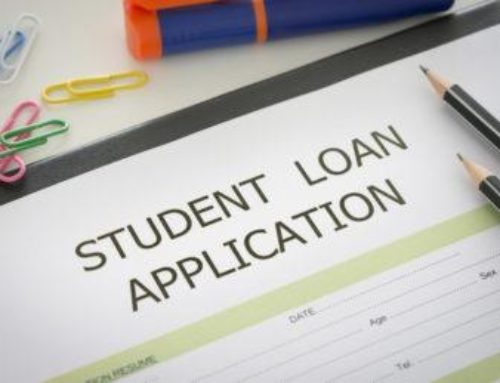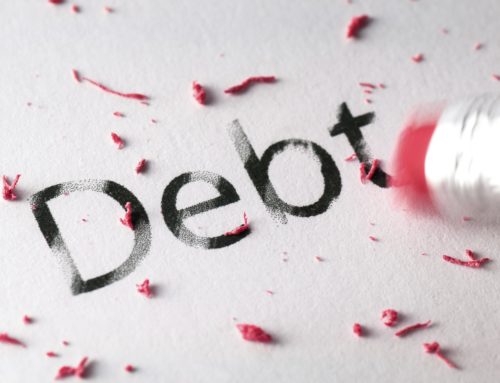Setting aside the issue of actually discharging student loan debts in bankruptcy, many Oregon and Washington prospective bankruptcy filers wonder what exactly is going to happen to their student loans after the bankruptcy has been filed. The answer really depends on what kind of bankruptcy has been filed and the form of the student loan.
If you have Federal student loans, nothing really happens during the bankruptcy. Pursuant to the Higher Education Act, FSLs are placed into a sort of bankruptcy forbearance. This is to say that all collection activity must end. You won’t get any monthly statements, calls or any other reminder that your payment is due. The benefit of not having to make a student loan payment for either a three month period during a Chapter 7 Bankruptcy or as much as five years during a Chapter 13 Bankruptcy is huge. It is going to outweigh the negatives for just about everyone, especially Oregon and Washington consumers who are barely getting by, often facing harassment, judgments and garnishment as they struggle with student loan burdens.
If you have a co-signer on your student loan who is struggling along with you to make the payments, the filing of a Chapter 13 Bankruptcy will be helpful. Upon the filing of a Chapter 13 Bankruptcy, the co-debtor stay provisions bar the lender from going after the non-filing borrower during the three to five year pendency of the Chapter 13 Bankruptcy case. Your Chapter 13 Bankruptcy may provide your co-signer the same relief that you need with respect to your student loan.
Here’s the downside. First if you are in the midst of rehabilitating a federal student loan default, once you you file bankruptcy, your payments may no longer be accepted and you will have to renew your efforts to rehabilitate the loan at the close of your bankruptcy.
Private student loans present much greater problems in bankruptcy. Many PSL notes contain a bankruptcy default provisions. This means if you file bankruptcy, your loan defaults. For many filers this is no big deal. After all you probably were already in default. However, if you have a co-signer this is a big deal because if the loan contains bankruptcy default provisions, the filing defaults the loan, even if the non-filing co-signer was making all the payments on time.
Our firm will be expanding our practice areas to beyond bankruptcy and debt defense in July to include a focus on Student Loan law. Our aim is to help Washington and Oregon consumers cope with their student loan burdens. We look forward to the challenge.











